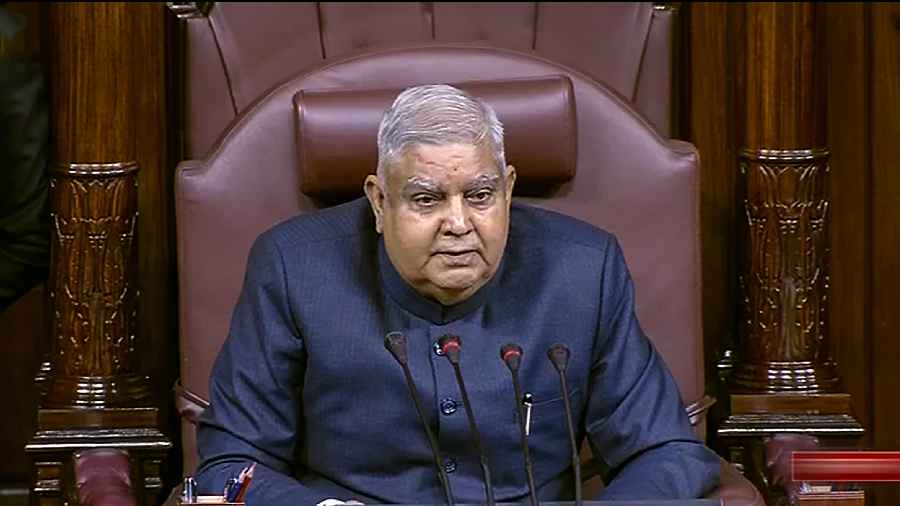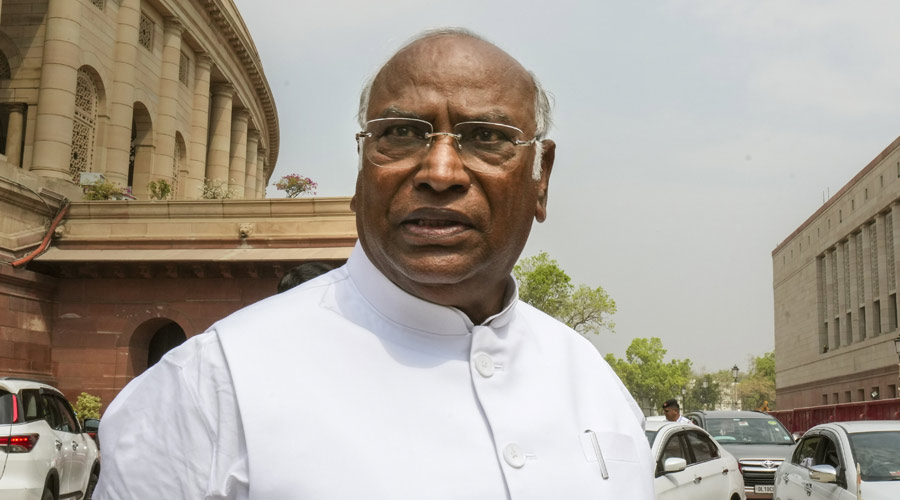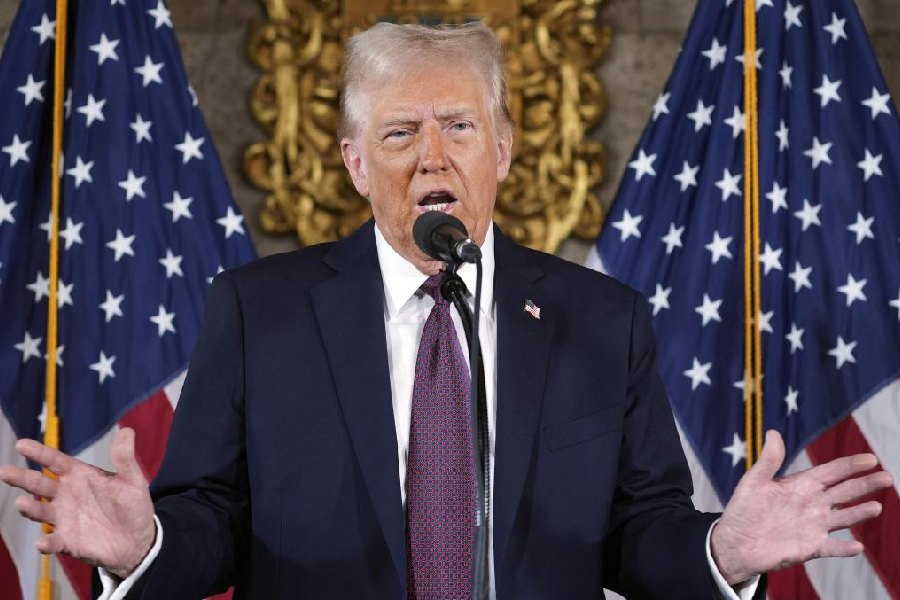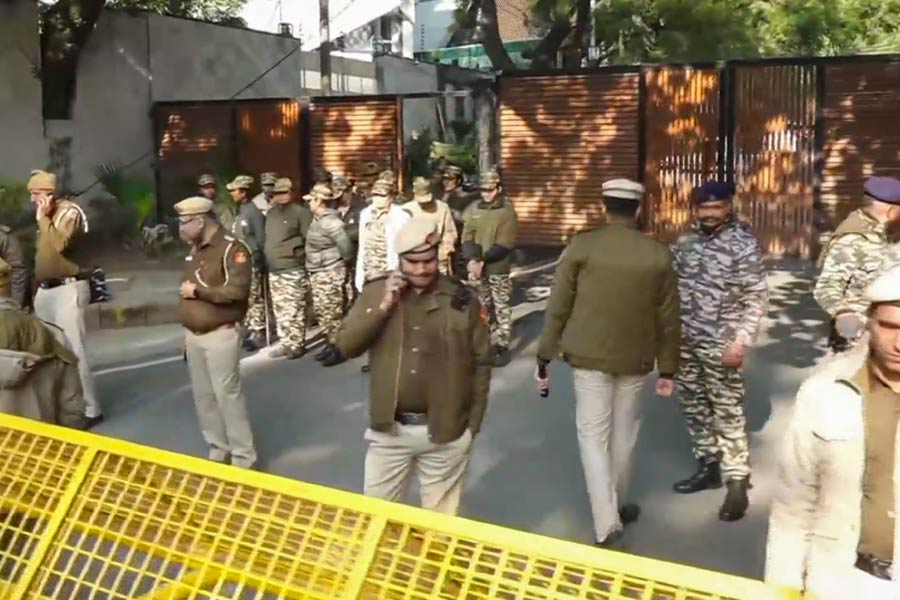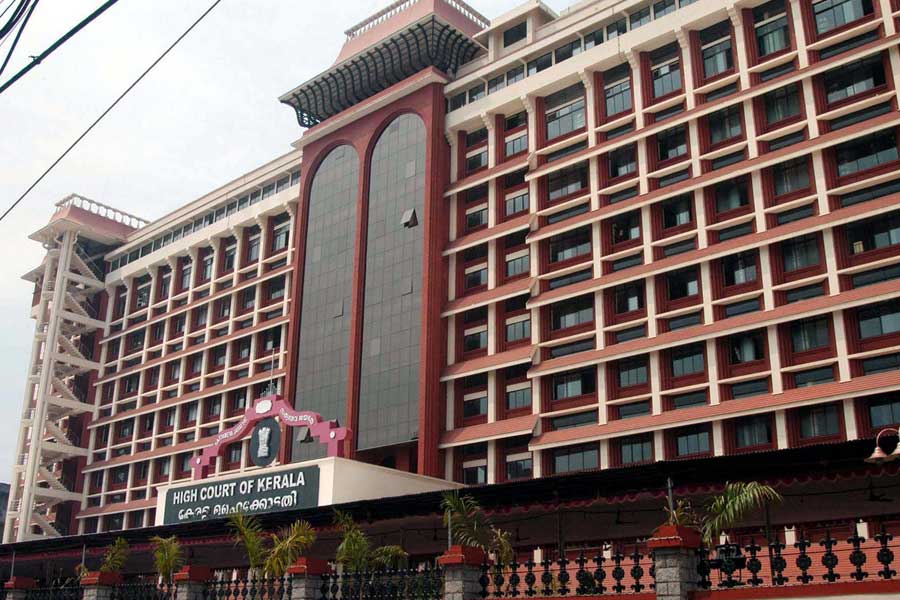Rajya Sabha Chairman Jagdeep Dhankhar on Wednesday turned down leader of the Opposition Mallikarjun Kharge’s point of order objecting to leader of the House Piyush Goyal making an oblique reference to Rahul Gandhi — then a member of the Lok Sabha — while demanding an apology from the Congress leader on March 13 for his "democracy in danger" remarks in the UK.
This drew a sharp response from Kharge who wrote a letter to the Chairman, pointing out that "all presiding officers in legislatures, and especially the chairperson, are expected to be fair, even-handed and non-partisan. They cannot display their biases or their loyalty to the ruling party".
Kharge had cited a long-standing tradition of the Rajya Sabha not to allow allegations against a member of the other House.
But Dhankhar said: "There can be no issue or individual beyond the purview of discussion in the Rajya Sabha and the same is exclusively subject to regulation by the House and the Chairman. The two precedents relied upon by the Hon’ble Leader of Opposition have no bearing on the issue being determined herein."
Dhankhar had on March 17 asked Goyal to authenticate his remarks about Rahul on the floor of the House earlier that week.
Goyal had been careful not to name Rahul, knowing full well the tradition of not naming someone who is not a member of the House. Kharge had sought expunction of the remarks citing precedent dating back to June 19, 1967, when then presiding officer V.V. Giri had said: “I would like to add that it would be a good rule to observe that Members of one House should not use the freedom of speech on the floor of the House to make allegations or charges against Members of the other House....” Dhankhar, in his ruling, said: “Any curtailment or qualification of the constitutional privilege of freedom of expression of a Member of the Parliament in the Rajya Sabha will seriously compromise and impede blossoming of democratic values.
“Democratic ethos, well cherished and nurtured Parliamentary values persuade me to tilt in favour of sustaining this constitutional right of ‘freedom of expression’ of a Member of Parliament that cannot suffer any constraint and is subject only on the wisdom of the House and the Chairman.” Kharge, in his letter to Dhankhar, raised objections to the ruling, pointing out that Goyal had made all kinds of insinuations.
“The observations made by Shri Piyush Goyal on 13th March 2023 were patently defamatory, unfounded and vacuous allegations against Shri Rahul Gandhi. Any contention that Shri Goyal did not refer to Shri Rahul Gandhi by name does not absolve Shri Goyal of the breach of the Parliamentary tradition which was committed that day.”
Further, according to Kharge, the Chairman’s refusal to find Goyal’s statements to be prima facie defamatory sets a problematic precedent with two consequences.
“Any genuine concerns raised about our democracy by anyone shall be treated as treasonous, anti-India or worse. Imagine the chilling effect that has on a democracy built on the foundation of freedom of speech. That an elected representative of the people of India can be vilified and given no space to defend himself against outlandish, false and even brazen allegations,” Kharge said.

